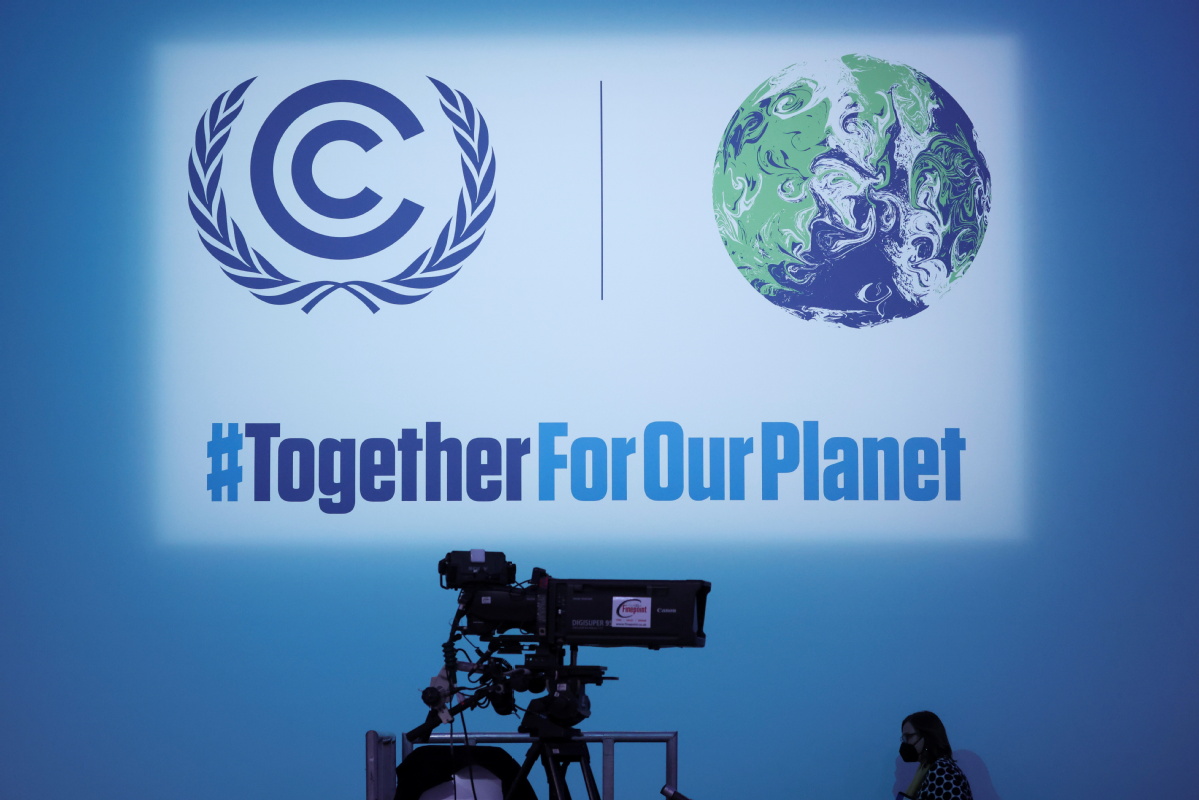Developed countries must honor their promise: China Daily editorial
chinadaily.com.cn | Updated: 2021-11-14 20:00

The Glasgow Climate Pact that was adopted at COP 26 on Saturday will hopefully prove to be a milestone for the global response to climate change, as it acknowledges that the emissions commitments made by countries so far are nowhere near what are needed to avert this existential threat to humans and other life on Earth.
In reaching a consensus on the need to come up with increased targets and actions to prevent planetary warming exceeding 1.5 degrees Celsius above preindustrial levels, the 26th session of the Conference of the Parties to the United Nations Framework Convention on Climate Change, although it has not yet averted the impending climate cataclysm, has hopefully set us on the path to doing so.
Especially as the pact for the first time calls on countries to reduce their reliance on coal and stop subsidizing fossil fuels. And a promise has been made to end deforestation by 2030.
What has added to this encouraging news is the joint declaration in the final days of COP 26 by China and the United States on enhancing responses to climate change in the 2020s.
With a ray of hope in sight that the temperature rise can be kept to the 1.5 C target, it is important for all countries to take real actions. China has already made specific plans to ensure that its CO2 emissions peak before 2030 and it achieves carbon neutrality before 2060.
However, whether developed countries will deliver on their commitment to supporting developing countries in their adaptation to and responding to climate change is the key to averting catastrophe. In 2009, wealthy countries pledged $100 billion a year to help lower-income nations by 2020. However, they still have not made good on this pledge and recent reports indicate that this goal could slip to 2023.
It is essential for developed countries to realize that the financial and technological support they give to their developing counterparts is not charity.
The emissions they discharged during their industrial development were much more than what the developing countries do today and they should be held responsible for most of the impacts from climate change.
To a certain extent, this financial and technological support is the cost developed countries have to pay for the accumulated emissions they discharged in the course of their development.
That explains why the principle of common but differentiated responsibilities must be maintained when dealing with climate change.
Developed countries need to realize that their support in terms of both funds and technologies will make it possible for developing countries to do a better job in reducing their emissions and do their bit in the global fight against climate change.
From this perspective, their support is crucial for more effective global climate change action.
























